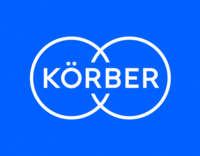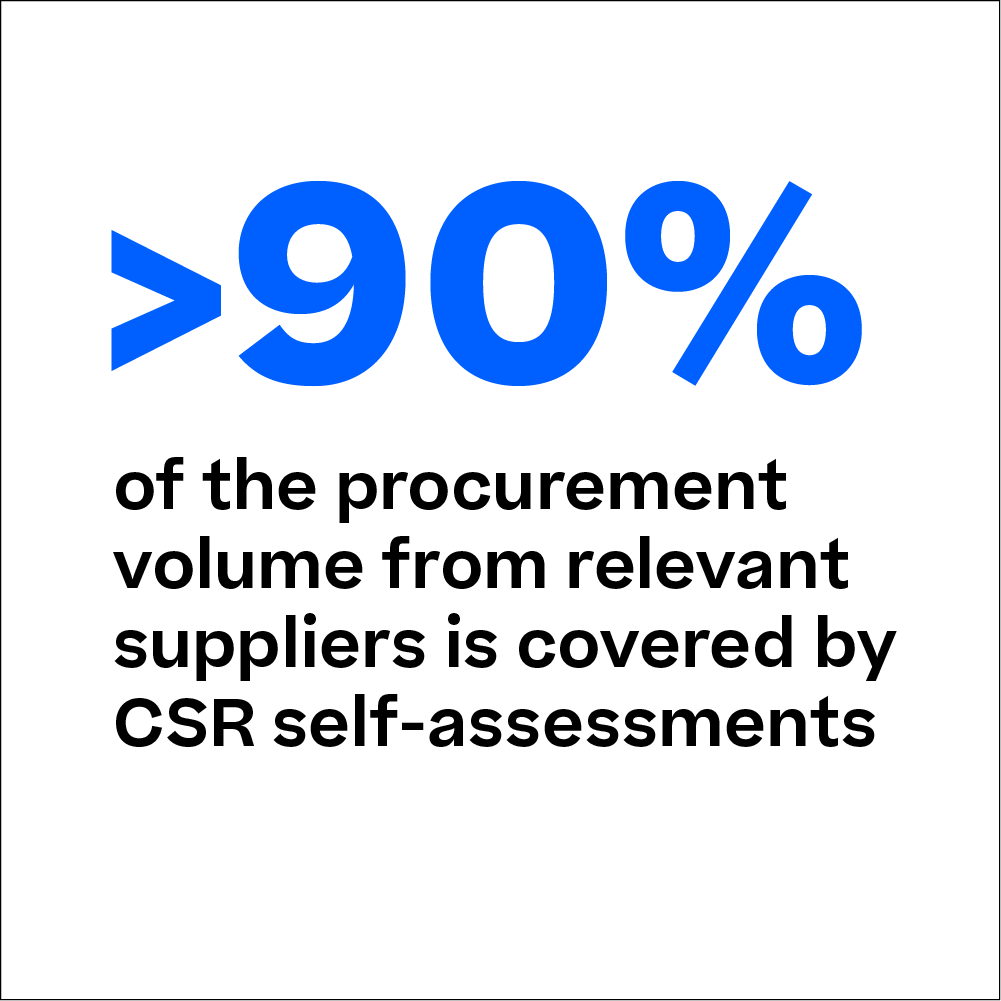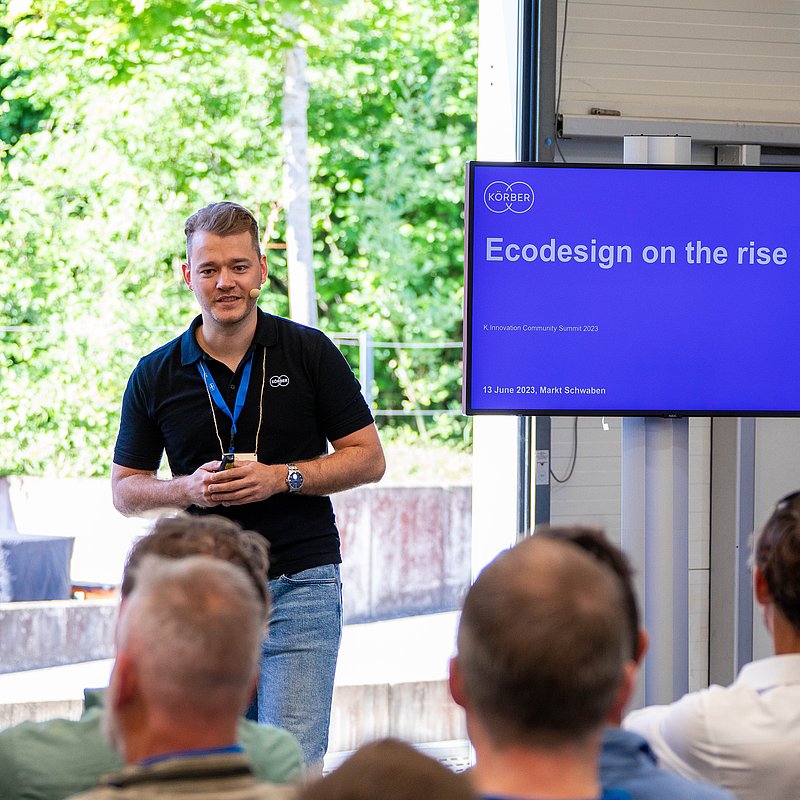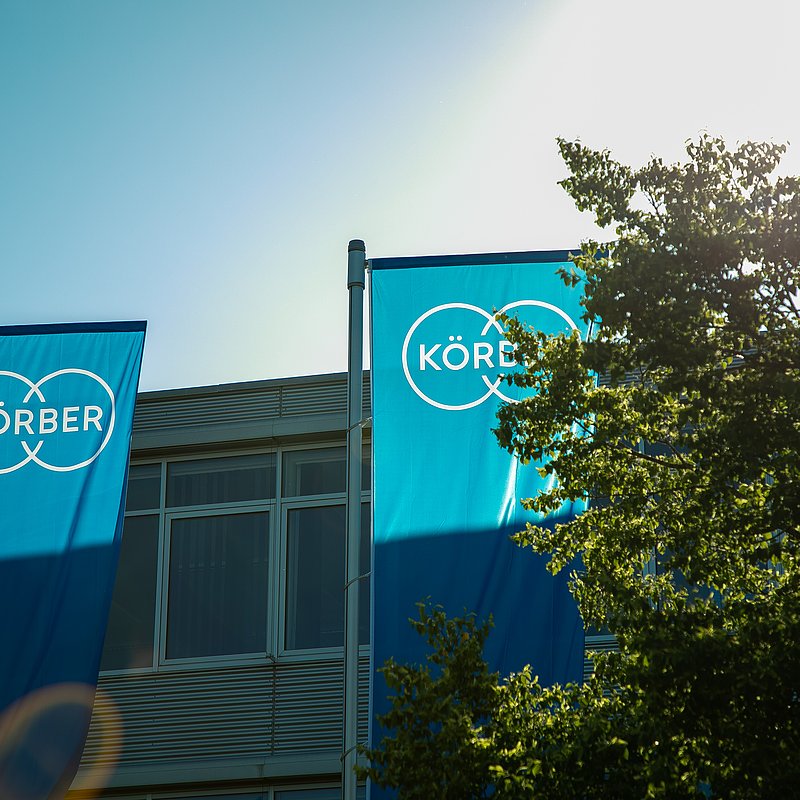Reducing CO₂e Emissions: Our Environmental Imperative
At Körber, we began our sustainability journey by aiming for CO₂e-neutrality for our own production (Scope 1 and 2) by 2025. Now, we are taking on an even more ambitious goal – achieving net-zero emissions along our entire value chain. This involves tackling scope 1, 2, and 3 emissions without compensation, demonstrating our holistic and ambitious approach to sustainability.
As Körber Group COO/CTO Erich Hoch points out, sustainability is a subject that holds a special place in our corporate agenda: "We are passionate about developing innovations for sustainable products, solutions, and services — together with employees, customers, suppliers as well as other business partners." At Körber, we act out of conviction and see this as a key competitive advantage. "Sustainability is integral to our strategic framework, woven into the fabric of our business processes, and encompasses environmental, social, and corporate governance dimensions." To gain insights into our current progress, we encourage you to explore our Sustainability Report for the year 2022.















